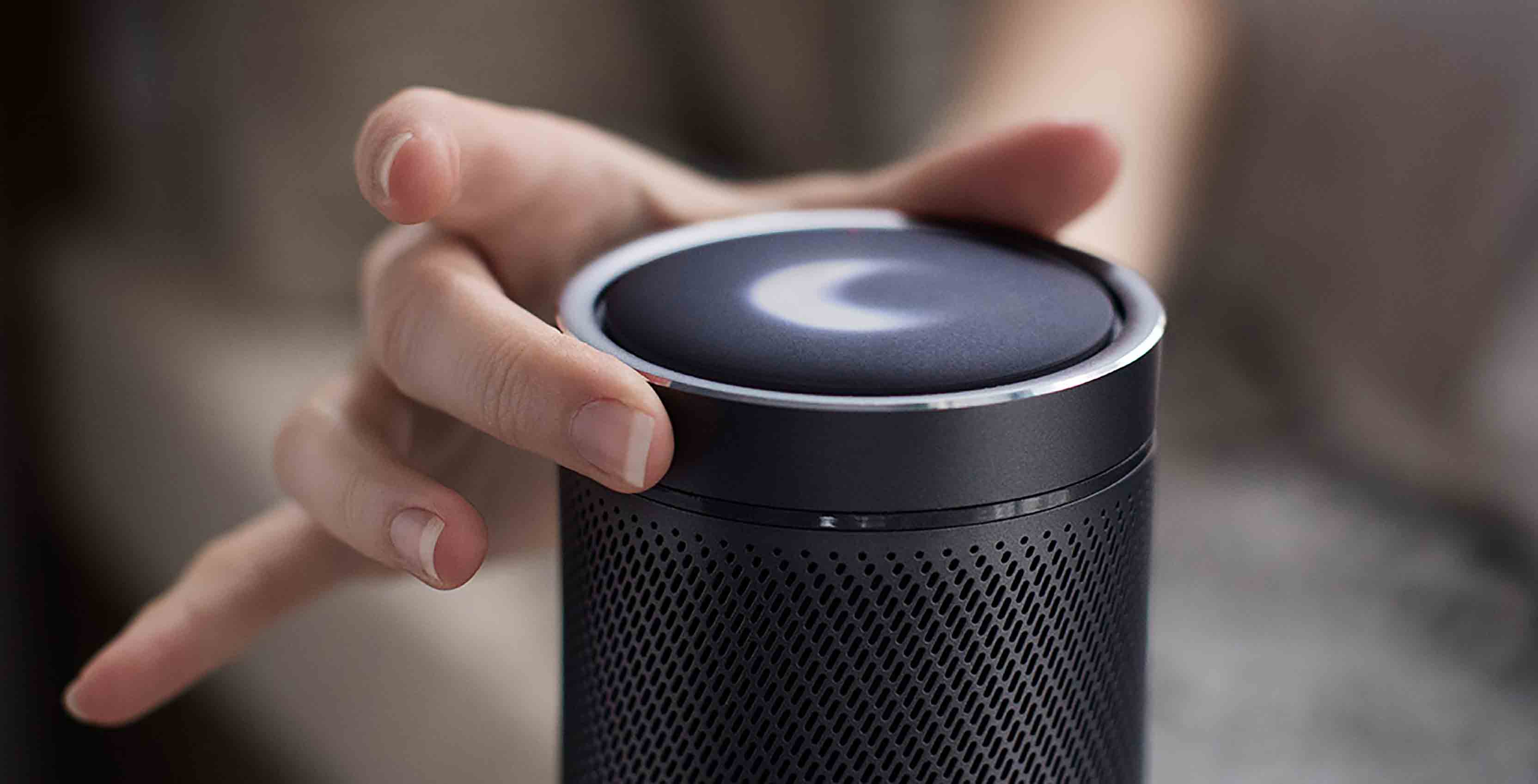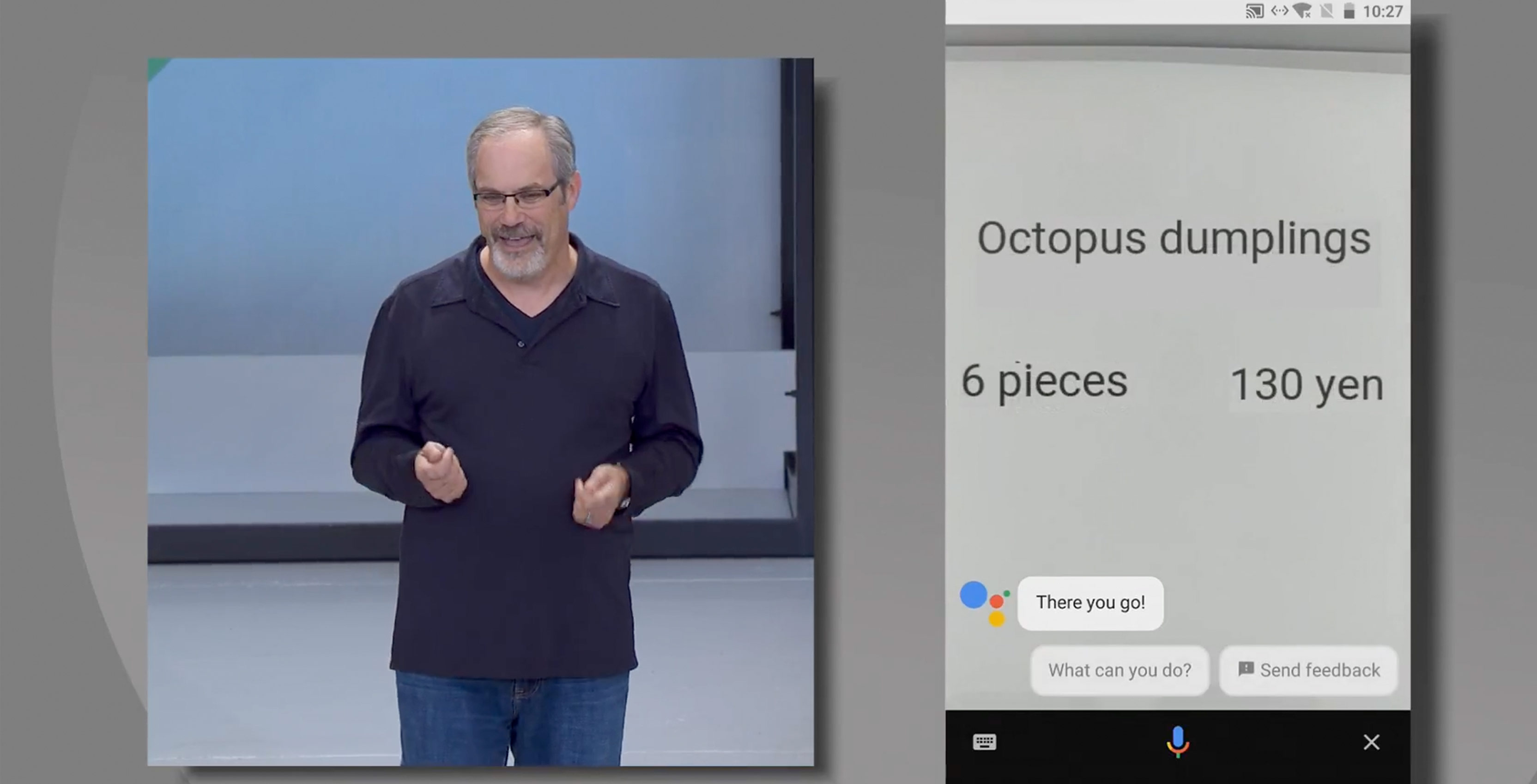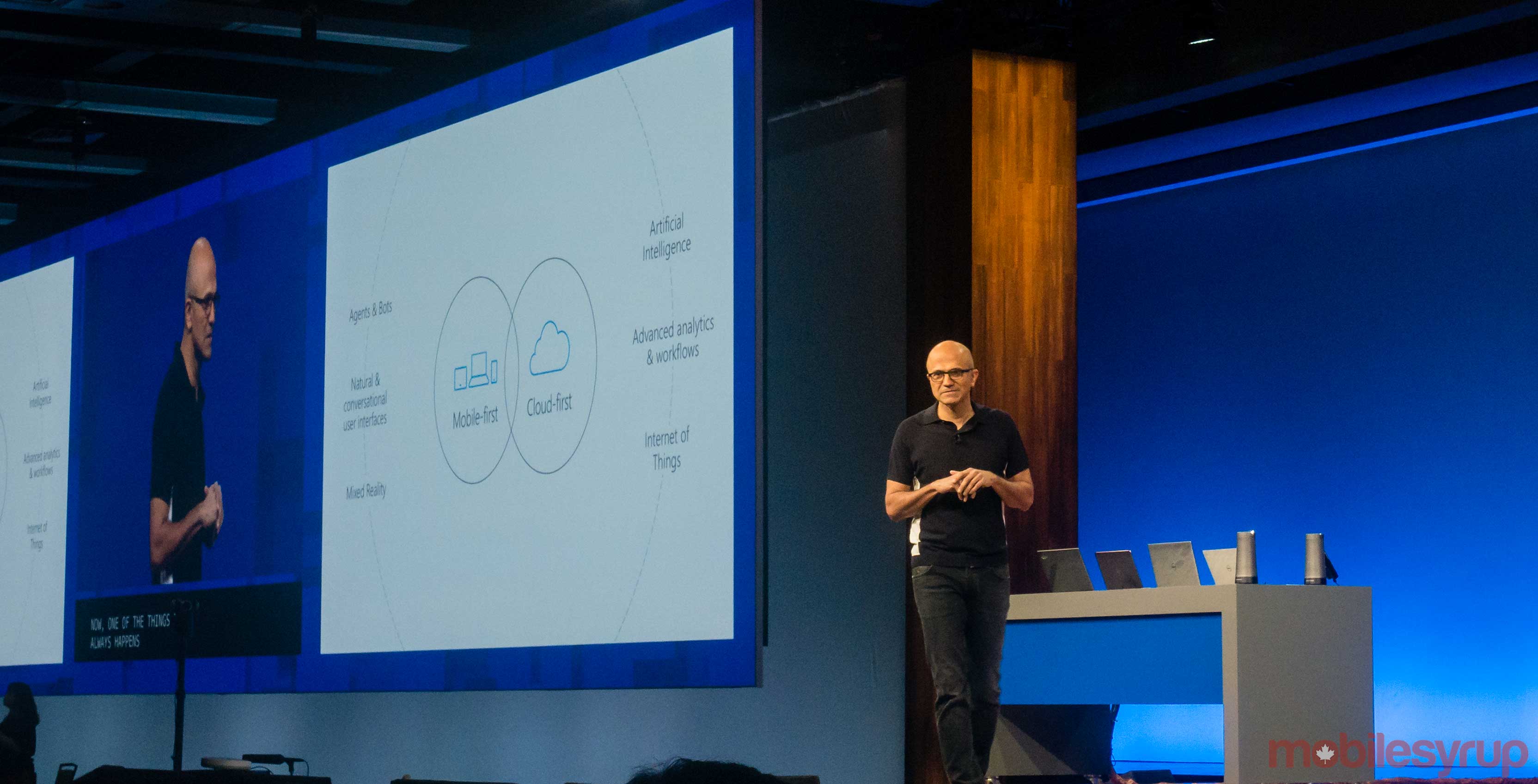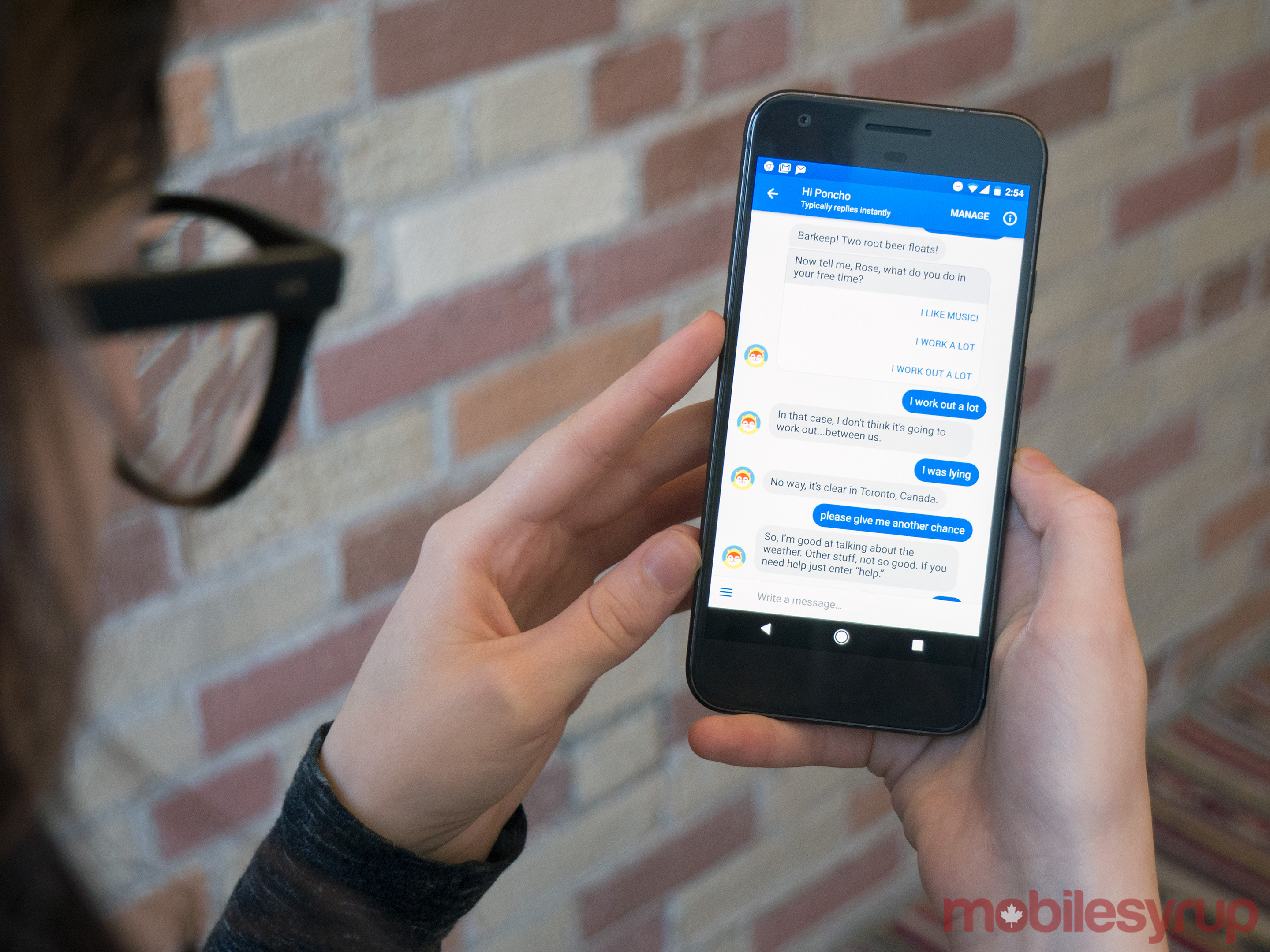
At this year’s Google I/O developer conference keynote, AI took center stage.
The company announced a new Google.ai division and site that will focus on research and applications for artificial intelligence, deep learning and the tools necessary to power this technological revolution.
Part of Google’s push for AI also included announcing that Tensor Processing Units (TPUs) are now available for any developer to use via the Google Compute Engine. TPUs are used by the company to train machine learning models, which give the ability to learn without being explicitly programmed.

“We want it to be possible for hundreds of thousands of developers to use machine learning,” said Pichai.
Referencing the dreams-within-dreams in Inception, Pichai also announced that Google will be using its neural nets to build other neural nets with AutoML (automatic machine learning).
The announcements didn’t stop there, either. Assistant was prevalent in almost all aspects of I/O, from Google Assistant enhancements to a pared-down version of its TensorFlow open source library of software for machine learning, TensorFlow Lite, for use by mobile devices.
Microsoft reinforces the importance of AI
Just a week prior, at the Microsoft Build developer conference, there was a similar focus on artificial intelligence with announcements pertaining to the company’s Cortana AI and Microsoft Graph, which pulls together information about a user from a variety of different Microsoft services, generating insights based on their activity.
For example, if you’re working on a project about say, rabbits, the Microsoft Graph could generate the insight that you might want to speak with another person at your company who published several papers on rabbits in the past.

At the Build conference, Microsoft announced that devices are now becoming an integral part of Microsoft Graph (enabling more cross-platform intelligence), HP and Intel are partnering on future Cortana devices and the public debut of the Cortana Skills Kit, a move towards building up the thousands of skills Amazon’s Alexa users already enjoy.
In addition, Microsoft made its position known on chatbots, a technology that saw a lot of hype last year but has since amounted to little. According to the company, those bots aren’t dead yet.
Chatbots are more alive than ever, according to Microsoft
In fact, Lili Cheng, manager of Future Social Experiences (FUSE) Labs at Microsoft, says chatbots and text-based AI in general is already well on its way to taking over our digital world, even if we don’t realize it yet.
“Language understanding is happening but it may be happening so ubiquitously that you don’t realize it’s happening,” Cheng said in an interview with MobileSyrup, referring specifically to things like keyboard and search prompts.
“If it’s not there you just think it’s the worst search ever,” Cheng pointed out.
Cheng pointed to several things that she believes will significantly improve the experience of chatbots and AI in general. The development of standards and norms, in particular, Cheng thinks is important to a user’s enjoyment of the chatbot experience. Users want to feel comfortable in a conversation like they do on a webpage. There should be certain actions that they always know they can perform — like refreshing a page or hitting the back button, to continue the web page analogy.

She also noted it’s important that chatbots and AI have a cross-platform focus and that they conform closely to the format, meaning if you’re speaking to an AI, it should speak back, not provide you with visuals and if you’re messaging an AI, it should turn up text and visuals without speaking.
Cheng says the value of AI lies in simplification of the crowded digital landscape that constantly bombards us with information.
“I think so much of software makes you feel overwhelmed and busy,” says Cheng, “If this assistant and the AI make you feel like you can let some of that go, that’s great.”
Overall, Cheng echoes the sentiment of her company and competitors like Google when she says, “We’ve really found that when you start thinking about AI, it impacts everything.”
Now that Google and Microsoft have made their positions clear when it comes to the race towards AI dominance, it’ll be interesting to see how Amazon and Apple retaliate. With Apple’s WWDC developer conference coming up in early June, we likely won’t have to wait too much longer to see what Apple has in store for its AI assistant Siri.
MobileSyrup may earn a commission from purchases made via our links, which helps fund the journalism we provide free on our website. These links do not influence our editorial content. Support us here.


